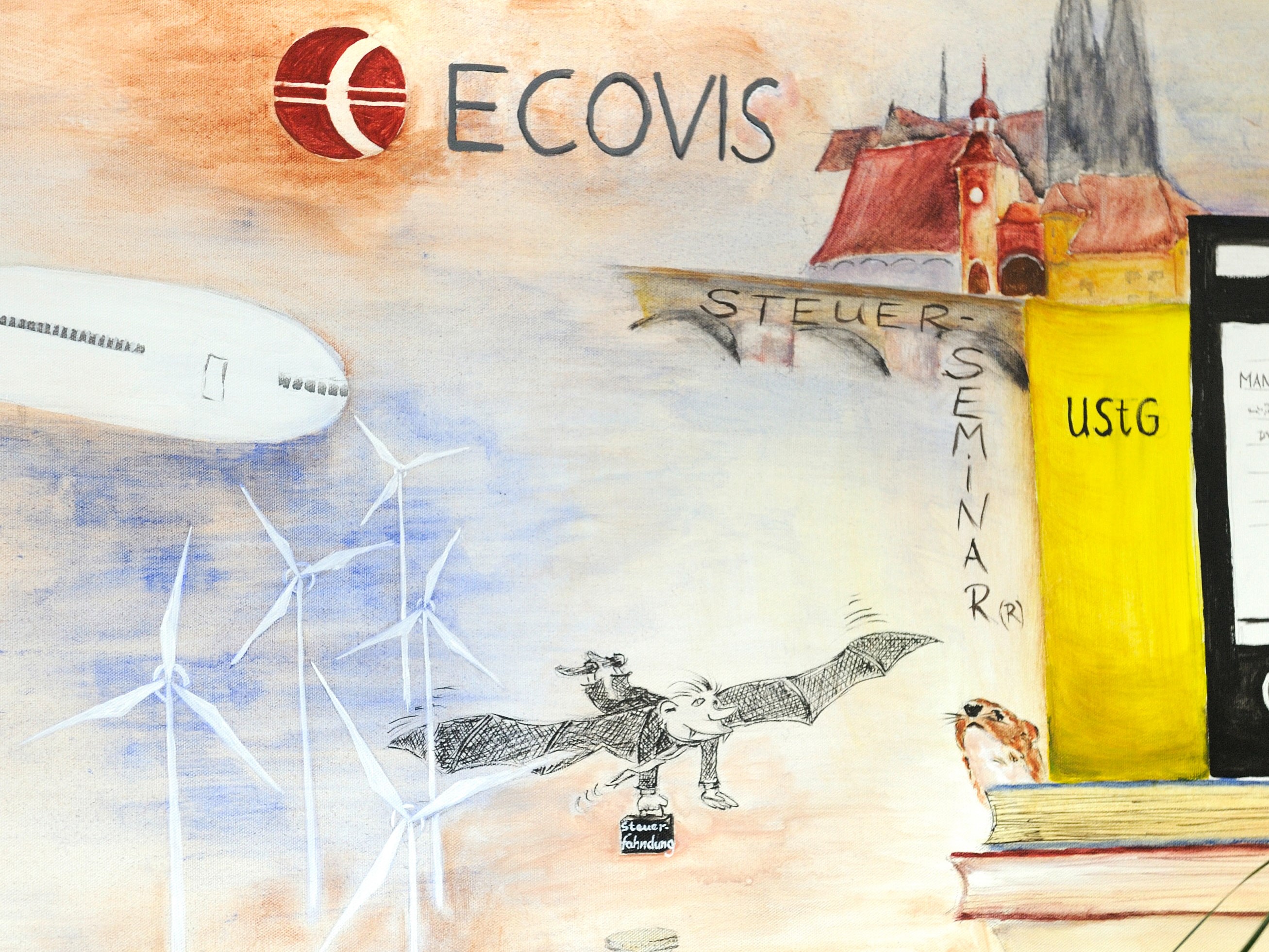The Czech Act on Church Restitutions and six years of its application - Part II - The regions acquired the original ecclesiastical (Church) property lawfully.
In less than a month – on the 5th December - we will recall six years since the proclamation of the Act on property settlement with churches and religious societies (Czech Church Property Restitution Act) in the Collection of Laws. [1] This Act is non-professionally and in its abbreviated form often referred to as the Act on Church Restitutions. Such name is neither appropriate nor accurate. In Czech legal system, this is not the first and only act governing church restitution, and its scope is far from exhausted only by restitution because it also addresses the final financial separation of churches and religious societies from the state. The legislative process of adopting this act as well as six years of its application have sparked a number of litigations. Its constitutional conformity was confirmed by the Czech Constitutional Court in 2013.
The ECOVIS Czech law office introduces the second of a series of articles on the important application milestones of this law. This time we are dealing with when and how the original ecclesiastical property was acquired by the regions and why the acquired property cannot be claimed against the regions.
Acquisition of the original property of the Church by the region and its validity
In the last series, we described the purpose of a special determination claim under Article 18 Section 1 of the Act on Settlement with Churches and Religious Societies (hereinafter referred to as "Czech Church Property Restitution Act"). Among the many other beneficiaries who took advantage of this claim, the Capuchin Province in the Czech Republic submitted it in 2013 to the District Court in Rychnov nad Kněžnou. The defendants were the Hradec Králové Region, as the current owner of real estate forming the premises of the former Capuchin monastery in the town of Opočno in eastern Bohemia, and the state as their previous owner. The Office for the Representation of the State in Property Matters was acting on behalf of the state in this dispute. The Hradec Králové Region acquired the real estate on 1st January 2003 by a special Act on the Transition of Certain Things, Rights and Obligations of the Czech Republic to Regions and Municipalities. [2] This happened in connection with the demise of the district authorities as of 31 December 2002 and the establishment of the system of regions from the day following. So far the real estate was funded by the Social Welfare Institute for Mature Opočno until the end of 2002 and by the beginning of 2003 by the Hradec Králové Region. The purpose of the action was, therefore, to ensure that the owner of the property is the State and to file a restitution claim against it.
The Czech Capuchin Province claimed that the real estate is its original property and as such were not to be acquired by the Hradec Králové Region from the state. Their transition from the state to other persons was prevented by the blocking clauses of the special restitution laws until the ZoMV became effective. In particular, it was article 3 of the Act on Conditions for the Transfer of State Property to Other Persons, [3] and Article 29 of the Soil Act respectively. [4] In addition, the Capuchin Provinces in the Czech Republic claimed their transition from the state to the Hradec Králové Region out of the question by the very wording of Article 1 Section 1 of Act No. 290/2002 Coll. This act stated that "... by January 1st, 2003, the property of the Czech Republic which on 31 December 2002 the organizational units of the state and the state contributory organizations for which the district authorities were performing the function of the founder were to manage, is transferred to the ownership of the regions, unless this Act or the Special Act provides otherwise... ". And such special act – lex specialis, which at the time when Act No. 290/2002 Coll. became effective stated otherwise in respect of matters of which the churches, religious orders and congregations were the original owner, was the Article 29 of the Act on Soil.
The first-instance District Court in Rychnov nad Kněžnou complied with the action and the Regional Court in Hradec Králové confirmed its judgment. It did not consent to the defendants that the Hradec Králové Region prescribed the right to the property in question or that the claim of the Capuchin Province in the Czech Republic was contrary to good morals. The case was brought before the Supreme Court on the basis of the appeal of the Hradec Králové Region and the Office for the Representation of the State in Property Matters.
The Supreme Court ruled on the case by a precedent that led to the withdrawal of all actions against the regions.
The judgments of the two lower courts have been annulled. [5] The Supreme Court deduced that, until the adoption of the Church Property Restitution Law, it was only up to the state what portion of all original ecclesiastical property would definitely make the subject of church restitutions: ,, ...the legitimate expectations of the Churches were that a restitution act would be adopted, not that the maximum amount of blockades of the real estate in question would be naturally issued because this problem was the subject of the legislator's discretion. Therefore, there is no interference with the plaintiff’s legitimate expectation in the fact that the property in question was transferred to the ownership of a region against which the beneficiary can not, under the regime of Act No. 428/2012 Coll., claim their restitution ... ". The Czech Supreme Court did not agree with the objection of the Capuchin Province in the Czech Republic that the state as the largest owner of the former ecclesiastical property, and thus the largest obliging future person, abused its powers when it got clear of the hitherto owned ecclesiastical property by transferring it to the regions by a special act ten years before the adoption of the Czech Church Property Restitution Law and that all to the detriment of all other future eligible and obligated persons.
For more information, please contact:
ECOVIS ježek, advokátní kancelář s.r.o.
Betlémské nám. 6
110 00 Prague 1
e-mail: tomas.nahodil@ecovislegal.cz
www.ecovislegal.cz/en
About ECOVIS ježek advokátní kancelář s.r.o.
The Czech law office in Prague ECOVIS ježek practices mainly in the area of Czech commercial law, Czech real estate law, representation at Czech courts, administrative bodies and arbitration courts, as well as Czech finance and banking law, and provides full-fledged advice in all areas, making it a suitable alternative for clients of international law offices. The international dimension of the Czech legal services provided is ensured through past experience and through co-operation with leading legal offices in most European countries, the US, and other jurisdictions. The Czech lawyers of the ECOVIS ježek team have many years of experience from leading international law offices and tax companies, in providing legal advice to multinational corporations, large Czech companies, but also to medium-sized companies and individual clients. For more information, go to www.ecovislegal.cz/en.
The information contained on this website is a legal advertisement. Do not consider anything on this website as legal advice and nothing on this website is an advocate-client relationship. Before discussing anything about what you read on these pages, arrange a legal consultation with us. Past results are not a guarantee of future results, and previous results do not indicate or predict future results. Each case is different and must be judged according to its own circumstances.














